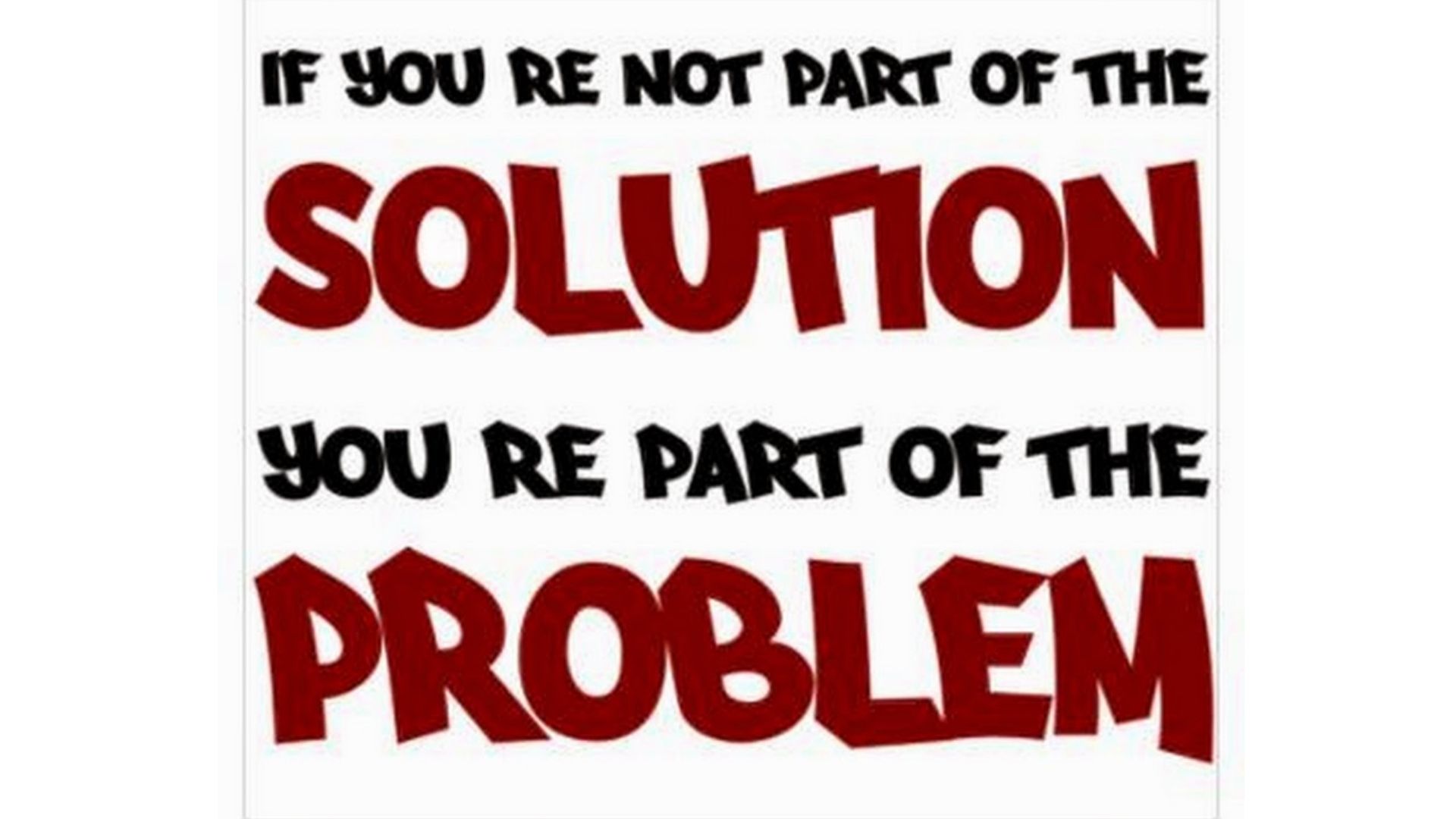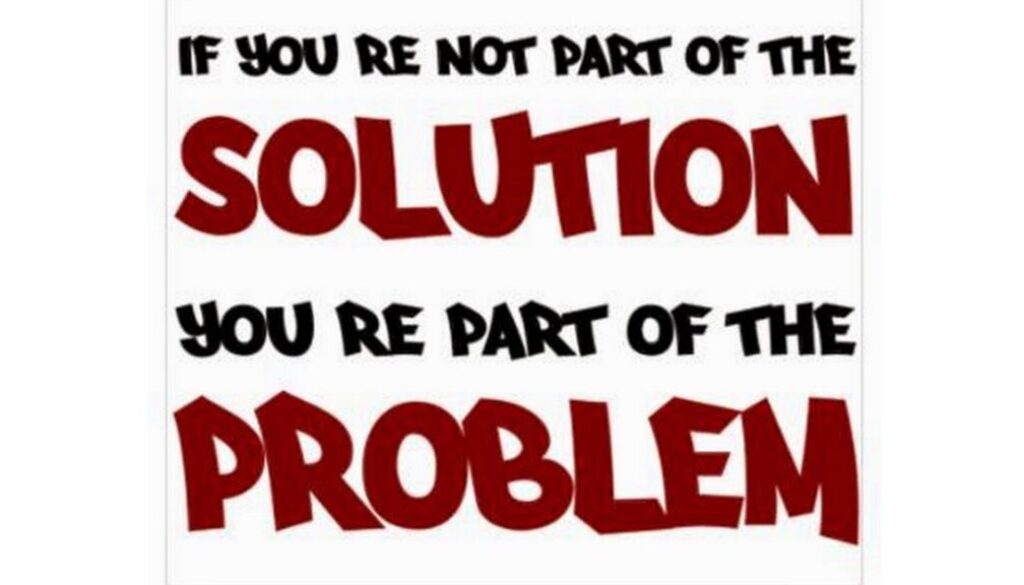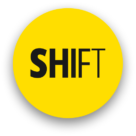The Problem Could Be You
A recent article of a municipal doctor “forgetting” to renew fumigation contracts in my city resulting in a rise of the dengue fever and a consequent rise in deaths (http://www.punemirror.in/pune/cover-story/Civic-bodys-silenced-smoking-guns-lead-to-dengue-outbreak/articleshow/37338867.cms) set me thinking.
What if the same government doctor had killed somebody wilfully, say by knowingly prescribing a wrong drug?
Which of the two events would weigh more heavily on her conscience?
I am guessing the second one. The incident where she willfully killed a patient.
Both incidents have resulted in deaths. But, as human beings, we tend to rate the passive option as something not so bad, as something less terrible. Something we should not be blamed for.
This is known as the “omission bias”.
Where both action and inaction lead to terrible consequences, we go easy on ourselves with the inaction option, where the outcome seems not that bad, more commonplace and perhaps more innocuous.
We see this bias play out daily in our lives and at work.
Our bureaucrats are testimony to this. A project comes to you for approval. What if the project fails, attracts criticism, bad press? Better to sit on the approval file than make a decision and risk potential criticism.
Within businesses? The omission bias kills innovation and the ability to try anything new at all. Senior managers are constantly thinking, “what if I try this new idea, this new initiative, this new product, this new vendor and if it fails? I will get hauled over the coals. I may lose my credibility and even my job”.
Best not to make a decision, better to let the opportunities wither away. In any case who is to know? In the course of our work, we see the bias playing out regularly!
Outcomes from wilful inaction appear less consequential than taking any comparable action. Inaction therefore is perceived by the individual as the more beneficial option.
The omission bias, therefore, incentivizes individuals to prefer inaction over action. We are simply wired that way!
The irony of the omission bias at work is that it happens every day, insidiously and with stealth. It is difficult to detect. It is obviously easier to detect action as opposed to inaction. After all, how are we to detect how many lives, opportunities and innovations are lost due to people fearing outcomes of their action, thus preferring inaction.
As Winston Churchill said, “I never worry about action, but only inaction.”
As an organization and as a leader, do you reward “action” over “inaction”? Are you actively dissuading “inaction”? Do you recognize the bias?
Have you created an atmosphere where “action” is celebrated, rewarded even if it results in failure? Are you creating one now?
When you measure the performance of your teams, are the outcomes of “action” measured and rewarded? Is failure derided and ridiculed or is it seen as one more key step to learning and moving ahead?
This has an impact on how open and willing you are to embrace the new or are you all about maintaining the status quo and at best encouraging incremental change?
Are you the problem or the solution?











